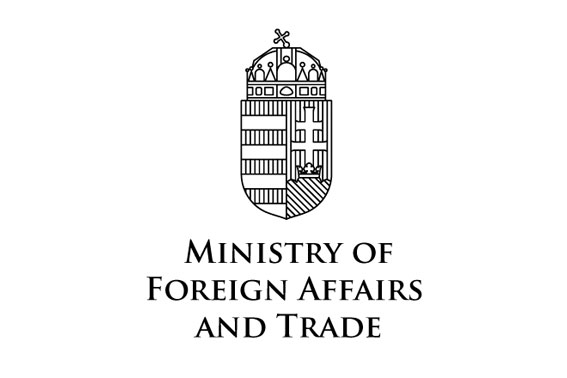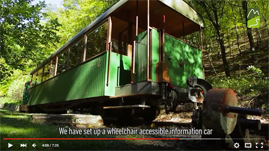European Regional Development Fund
"Bees are children of the forest"

Content
'Bees are children of the forest'. This is the basic motto of the cross-border project launched by foresters from Topoľčianky in cooperation with their Hungarian colleagues from Tatabánye called 'Hungarian and Slovak foresters for the bees' (SKHU/1601/1.1/002) within the cooperation program Interreg V-A Slovakia-Hungary. 'The main objective of the partners is to preserve, protect and develop natural and cultural heritage by restoring the beekeeping tradition in forestry as the heritage of Hungarian and Slovak rural areas in close association with forests' explains František Král from LESY SR.
'Model beehives will be created In Slovakia and Hungary where young people and adults will be able to observe the life of bees and the work of professional beekeepers. Product processing will be demonstrated in a bee product processing plant as well as in a unique open-air museum of apiculture and a beekeeping enviro-classroom, which will be established in Topoľčianky,' says Marian Staník, the General Manager of LESY SR. A similar beekeeping centre for the education about and presentation of beekeeping will also be set up near Vértestolna in Hungary. The foresters will implement the project within 2 years with a total budget of € 1,093,136.37, of which € 929,169.91 is financial support from the European Regional Development Fund.
Bees are natural inhabitants of forests and without them the world would probably not exist as it exists today. In the past, foresters in Slovakia and Hungary used to have bee colonies and work on beekeeping in a clean and ecological environment. The gradual loss of diversification, diseases and various changes have caused beekeeping to cease, which has resulted in a significant overall weakening of beekeeping as a whole, the production of bee products and other rural traditions,“ explains František Král. ”This project is a way to revitalize the tradition of beekeeping, to bring back the positive effects of bee colonies on the countryside and to promote the tradition of beekeeping. Last but not least, it will positively influence the character of young people and awake their interest in beekeeping,“ he adds. The irreplaceable role of bees is to pollinate plants, maintain the ecosystem, create honey, wax or the natural medicine - propolis.
For the future, it is very important to raise the awareness of people in the border area about the importance of beekeeping, to organize practical workshops and to create an educational background for knowledge of culture, history and nature throughout the whole beekeeping tradition and to improve the quality of the environment with the quality of beekeeping pastures and the development of the countryside. The comprehensive facilities established in Vértestolne and Szomóde in Hungary and in Topoľčianky in Slovakia with more than 80,000 inhabitants, offer opportunities for beekeeping, education, getting to know the region and its natural wealth. Activities will be carried out inside new premises (model processing plants) and in the field using model bee farms presenting real bee life, in revitalized bee pastures and also with a wide range of public events promoting bee products and beekeeping.
The place of project implementation - Topolčianky and Vértestolna will bring new opportunities in the future for the acquisition of knowledge about natural and cultural heritage, natural science and beekeeping for children, young people, professionals as well as the general public and other interested persons. Last but not least, the expected increase in the number of visitors will be reflected in the development of the local economy and services in the border area.










